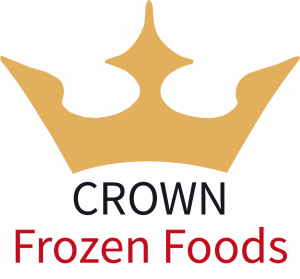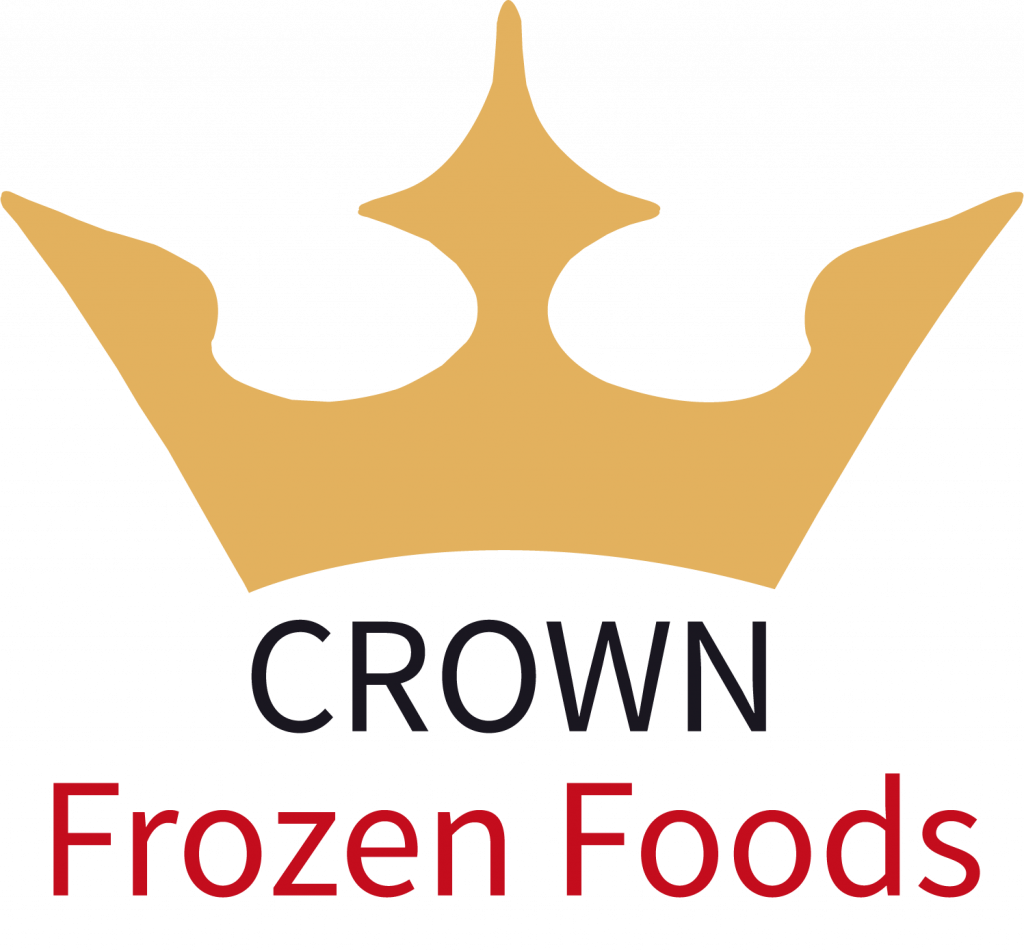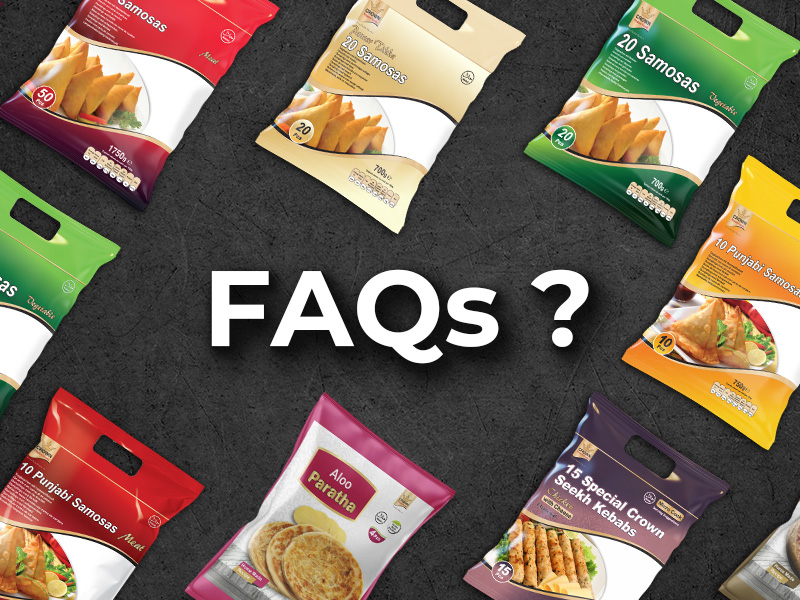The conservation properties of freezing and the convenience it offers have made frozen food a staple in many modern households. However, with the ever-evolving food industry, Frequently Asked Questions about frozen products’ safety, sustainability, and nutritional value continue to arise. If you’ve ever found yourself pondering over the benefits and drawbacks of stocking your freezer, fret not – we have the answers. This comprehensive guide tackles everything from the basics of freezing to expert tips on using and enjoying frozen food in the United Kingdom.
The following are some of the most frequently asked questions about frozen food in the UK.
What is the Shelf Life of Frozen Food?
Freezing food extends its shelf life significantly, preserving its quality for a longer period. The UK Food Standard Agency advises on specific storage periods for various types of frozen food, which typically ranges from three months to one year. However, several factors can influence the shelf life, including the type of food, packaging, and storage conditions. Properly wrapped in airtight packaging and stored at a consistent temperature of -18°C or lower, most food maintains its taste and nutritional value for several months.
How Can You Tell If Frozen Food Is Still Good?
The telltale signs of spoiled food apply to frozen items as well. Any change in the texture, excessive frost, or a sudden leak in the packaging can indicate that the product is no longer safe to consume. However, if the packaging appears intact, and the frozen food has been stored at the recommended temperature, it’s likely still good, even beyond its ‘use by’ date.
What Should I Look for When Buying Frozen Food?
When purchasing frozen food, always check for any signs of thawing, such as ice crystals or water droplets, as these could suggest the item has been mishandled. It’s also essential to inspect the packaging for tears or damage, as this may introduce bacteria or compromise the quality of the food over time.
Is Frozen Food Less Nutritious Than Fresh Food?
Despite the common misconception, research indicates that frozen food can be just as nutritious, if not more so, than their fresh counterparts. The process of freezing food at its peak ripeness locks in essential nutrients, which may degrade over time in fresh produce. However, it’s crucial to consider the cooking methods, as overcooking can diminish the nutrient content regardless of the food’s initial state.
Is It Safe to Refreeze Thawed Frozen Food?
In the UK, it is generally safe to refreeze thawed food, as long as it was thawed in the refrigerator and not at room temperature. Refreezing food that has been thawed properly minimizes bacteria growth and preserves its safety and quality. However, there may be a slight loss in texture or juiciness after the second freeze, so it’s best to use the thawed food within a short period.
Can You Freeze Dairy Products?
Many dairy products, such as milk, cheese, and butter, can be frozen successfully. However, the texture and consistency of some dairy items, like sour cream and cream cheese, may change slightly after freezing. When freezing dairy, it’s vital to consider how you plan to use the product upon defrosting. Cooking or baking with frozen and thawed dairy can yield more consistent results than using them fresh upon thawing.
Explore: The Latest Frozen Food Trends in the UK: A Closer Look
Are There Foods You Should Never Freeze?
While most food can be frozen safely, certain items do not fare well. High-moisture vegetables like lettuce, cucumber, and fresh herbs can become mushy after freezing. Additionally, eggs in their shell, canned food, and dairy products like cottage cheese and ricotta may separate or change texture when frozen, affecting their quality.
How Can You Best Preserve Frozen Food Quality?
The key to preserving the quality of frozen food is to minimize exposure to air and moisture. Vacuum sealing can significantly extend the shelf life of frozen items by preventing freezer burn. Proper labeling and dating are also important to keep track of when the item was frozen and should be used, ensuring you consume it at its peak. Furthermore, managing your freezer’s internal temperature and regularly defrosting it can prevent temperature fluctuations that could compromise food quality.
Are There Any New Innovations in the Frozen Food Industry?
The frozen food industry is constantly evolving, with innovations ranging from packaging technology that keeps food fresher for longer to advanced freezing techniques that maintain nutrients and taste. There is also a growing trend of ‘blast freezing,’ a process that rapidly decreases the temperature of food to preserve its freshness and flavor. Additionally, more companies are introducing ‘flash-frozen’ options, which capture peak ripeness moments for maximum taste and nutritional value.
Best Practices for Freezing Meals and Dishes?
To freeze meals and dishes effectively, it’s essential to cool them to room temperature first. Then, portion the food into meal-sized servings and place them in freezer-safe, airtight containers or bags. Be sure to remove as much air as possible to prevent freezer burn. Label each package with the contents and the date frozen for easy tracking.
What Are the Sustainable Aspects of Frozen Food?
The frozen food industry has made significant strides in sustainability. Freezing allows for better inventory management, reducing the amount of food waste by preventing spoilage. Additionally, many frozen food companies are adopting eco-friendly practices, such as using biodegradable packaging and sourcing ingredients from sustainable suppliers. By choosing frozen, consumers can often reduce their environmental footprint, as frozen food generally has a lower carbon footprint than fresh items due to reduced transportation and waste.
How Do I Thaw and Cook Frozen Food Safely?
When it comes to thawing and cooking frozen food, safety is paramount. The best and safest method for thawing is typically in the refrigerator, as this minimizes bacterial growth. Alternatively, some foods can be cooked from frozen, minimizing the need for thawing altogether. When cooking, ensure that frozen food reaches an appropriate internal temperature to kill any bacteria and make it safe to eat. It’s always best to follow specific cooking instructions provided on the packaging or by the manufacturer.
Tips for Creating a Balanced Frozen Food Diet
Balancing a diet with frozen food is not only possible but can be quite healthy. Opt for a variety of frozen fruits and vegetables to ensure you’re getting a wide range of nutrients. Incorporate lean proteins like fish and chicken, along with whole grains and legumes for fiber and energy. It’s also important to moderate the intake of frozen meals that may be high in sodium or fats, and to balance them with fresh items when possible.
Tips for Creating a Balanced Frozen Food Diet
Balancing a diet with frozen food is not only possible but can be quite healthy. Opt for a variety of frozen fruits and vegetables to ensure you’re getting a wide range of nutrients. Incorporate lean proteins like fish and chicken, along with whole grains and legumes for fiber and energy. It’s also important to moderate the intake of frozen meals that may be high in sodium or fats, and to balance them with fresh items when possible.
Are Frozen Foods in UK Supermarkets Safe?
In the UK, frozen foods sold in supermarkets must meet strict safety standards set by organizations like the Food Standard Agency. Adhering to these regulations ensures that frozen food is generally safe to eat. However, it’s essential for consumers to follow proper handling and storage practices to maintain safety.
Is Frozen Food More Expensive Than Fresh?
The cost of frozen food in the UK varies depending on a variety of factors, such as the type of food, brand, and packaging. In general, frozen food can be more cost-effective than fresh, as it offers longer storage without spoilage. However, consumers should compare prices and consider their specific needs and usage to determine the most economical option for them.
Can I Freeze Meat and Fish That I've Already Cooked?
Yes, cooked meat and fish can be safely frozen, extending their shelf life for up to three months. Like with any frozen item, proper packaging and storage conditions are crucial to maintaining quality. Cooked meats should be completely cooled before freezing and stored in airtight containers or freezer bags.
How Do Frozen and Chilled Food Differ in Taste and Nutrition?
The taste and nutritional differences between frozen and chilled food can be minimal. The freezing process preserves the original flavor and nutritional content of the food, whereas chilling (refrigeration) only slows down the deterioration process. Ultimately, the specific taste and nutrient retention can depend on the individual food item as well as how it’s prepared after being thawed or chilled.
Is There a Best Time to Buy Frozen Food?
In the UK, supermarkets and retailers often offer sales and promotions on frozen food during certain times of the year. The best time to buy frozen food is during special discount periods such as end-of-season sales or holidays. Additionally, shopping for frozen food earlier in the day can ensure access to a wider selection, as popular items may sell out quickly.
How Can I Plan My Meals Around Frozen Ingredients?
Meal planning with frozen food can be a game-changer for busy households. Consider creating a meal plan for the week that includes a mix of fresh and frozen ingredients. Prep meals and snacks ahead of time, leveraging the convenience of frozen produce and prepared foods. With a well-organized meal plan, you can always have a nutritious and satisfying meal ready to go.
What Are the Most Popular Frozen Foods in the UK?
The UK market offers a wide array of frozen food options, but some of the most popular items include frozen vegetables, fruits, meat, pizza, and ready-to-eat meals. British consumers also have a growing interest in global cuisines, leading to a surge in demand for frozen international cuisine options. The sector continues to grow, offering increasing variety and quality to consumers.
Understanding Freezer Burn and How to Prevent It
Freezer burn occurs when food is exposed to air or temperature fluctuations in the freezer, leading to the dehydration and discoloration of the affected areas. To prevent freezer burn, ensure food is properly wrapped or sealed in airtight packaging. Use high-quality freezer bags or containers designed specifically for freezing, and avoid frequent opening and closing of the freezer door, which can cause temperature changes.
The Role of Nutrition Labels on Frozen Foods
Nutrition labels on frozen food are crucial for consumers to make informed choices about their diet. These labels provide information about serving sizes, calorie content, and the presence of key nutrients, as well as any added sugars, saturated fats, or sodium. By reading the nutrition labels, consumers can understand the nutritional value of the frozen food they intend to purchase and consume.
Are There Any Disadvantages to Eating Frozen Food?
While frozen food has numerous benefits, some potential disadvantages include the use of preservatives in certain products and the environmental impact of packaging. Additionally, some people argue that the taste and texture of frozen food may not be as enjoyable as fresh food. However, modern freezing techniques and packaging have greatly reduced these disadvantages, making frozen food a convenient and viable alternative for many consumers.
Conclusion
You can find all the answers to UK’s frequently asked questions about Frozen Foods after reading this article. It may kill all the curiosity you have had about frozen food for a long time. As the frozen food industry in the UK continues to offer innovative solutions to meet the needs and preferences of modern consumers. By understanding how to select, store, and prepare frozen food properly, you can enjoy all the conveniences it provides without sacrificing quality or nutrition.
Frozen food is awesome! You can find all sorts of options to fit your diet and lifestyle. Frozen food is a healthy and quick solution when you’re looking for something to eat. Remember to choose what suits your preferences, and keep things simple and easy to follow. Bon appétit!




